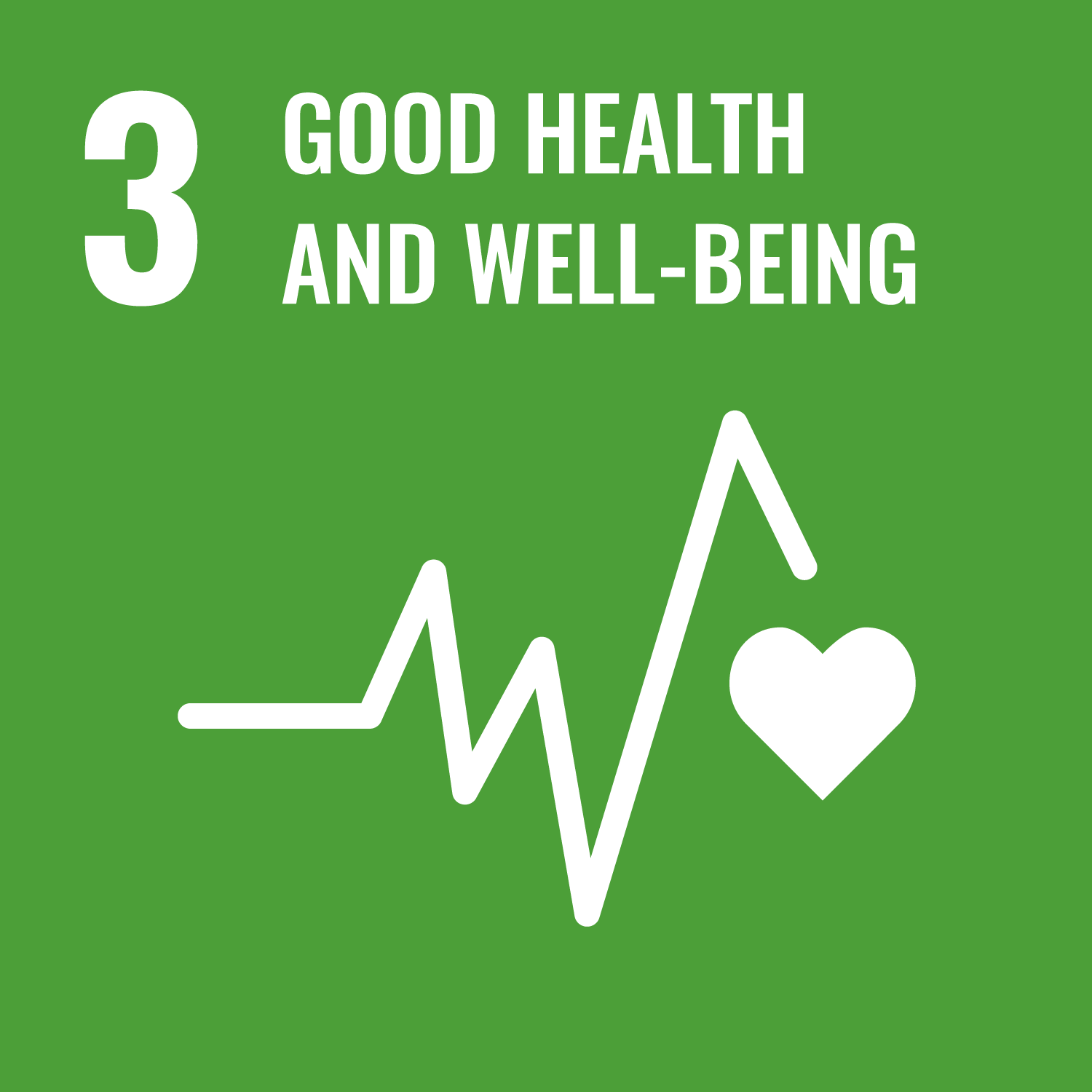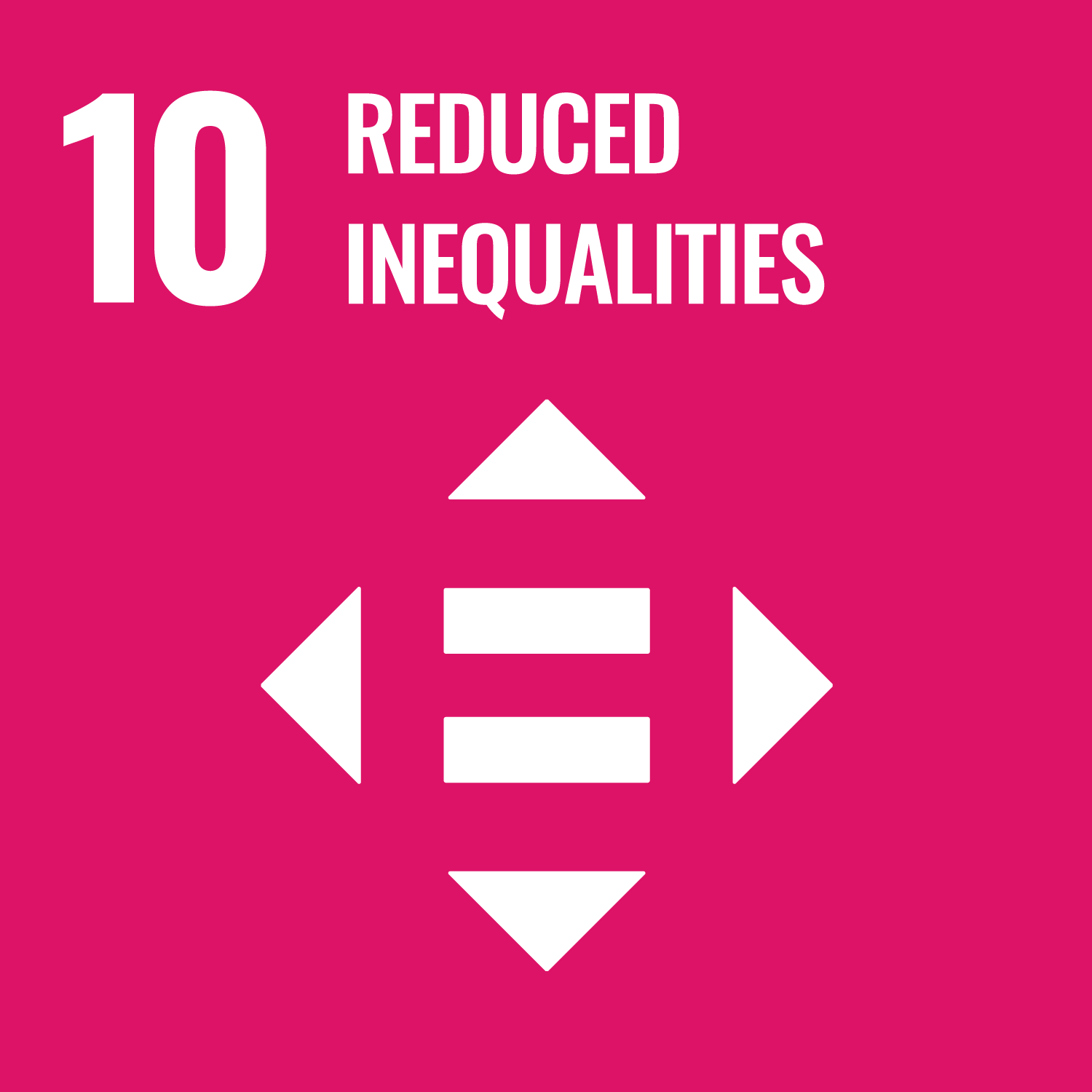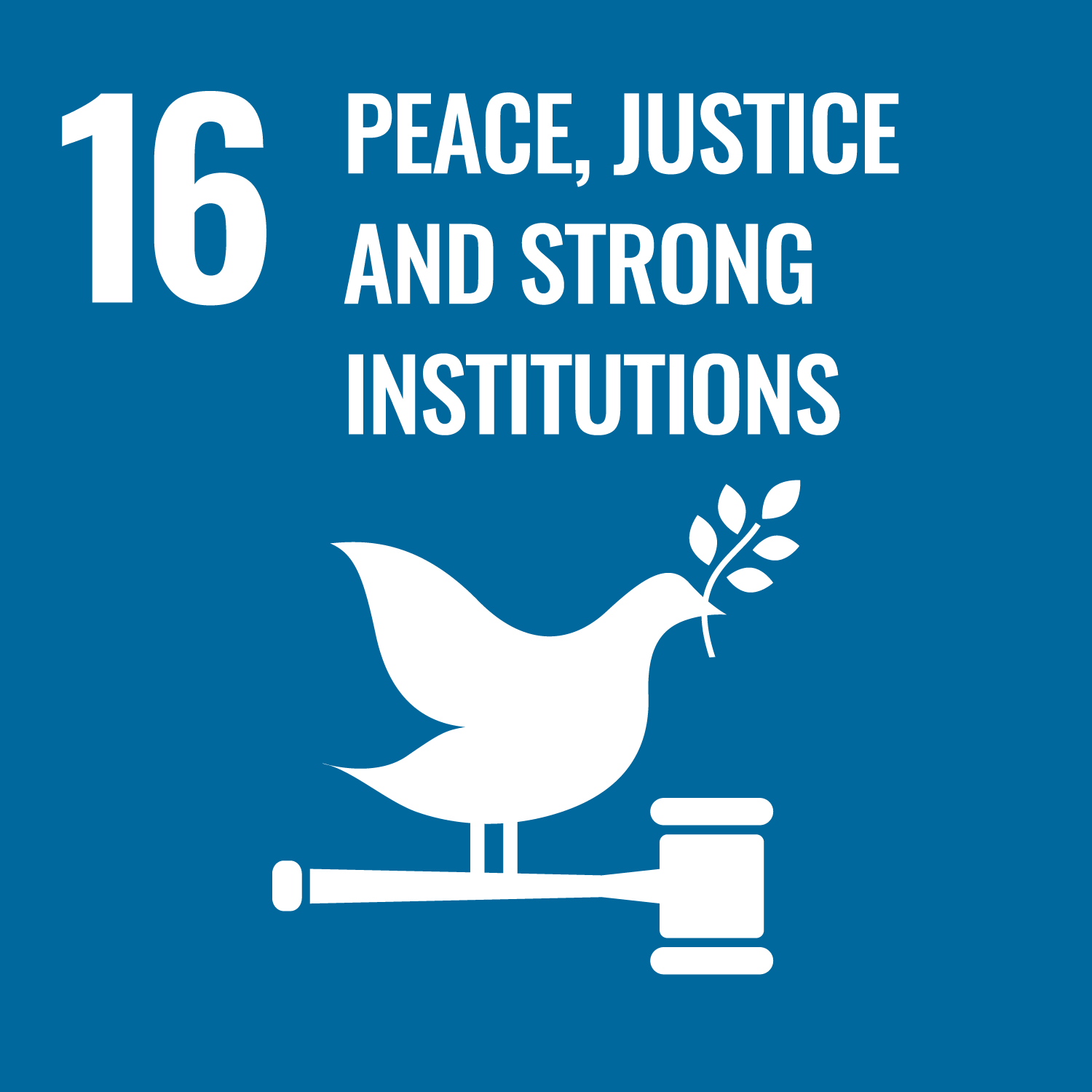Benefits Adviser



Contact person
Abbie Kendall
#54134
Scan me or visit www.getinvolvednorfolk.org.uk/o/Equal-Lives/opportunities/PIP-Power---Form-Filling-Adviser/54134 to join
Summary
Our volunteer Form Filling Advisers aid clients with disabilities in Norwich. The help they offer is imperative to the lives of those we support.
Detailed description
Role overview:
Our volunteer Form Filling Advisers aid clients with disabilities in Norwich (NR1-NR7 postcodes). This is a great opportunity for you to learn all about PIP benefits, from finding out about conditions of entitlement to learning how to make the best case for a client. Whether you already have some knowledge and you want to make use of this to help others, or if you have no experience and are keen to learn, this role could provide you with an interesting and challenging volunteering opportunity.
The Form Filling Adviser role will involve assisting our clients with the following:
• Assisting them to make claims, including support with form filling
• Offering information by telephone or email
• Signposting or referring clients on to other organisations where appropriate.
• Keeping accurate and up to date case notes
• Ongoing learning to ensure knowledge is kept up to date and accurate
Full training is available to provide you with the skills and knowledge required to carry out this.
Volunteering Arrangements
This role can be carried out on site or remotely, currently all interactions with clients are performed via Teams. We will supply you with an Equal Lives email address, so that you are able to put professional boundaries with your clients in place. We will also provide you with training if you are unsure of or unused to using Teams.
We ask that all applications come from those within the Norwich radius as the majority of this volunteering will be done on site.
All volunteers are required to undertake our core training programme. This covers basic safeguarding and other key features, such as data protection.
All volunteers are required to be able to visit our offices to perform the necessary DBS and data protection checks.
New volunteers will have an opportunity to ‘shadow’ experienced volunteers and members of staff.
Volunteers are required to adhere to the organisation’s policies and practice guidelines.
Reasonable expenses, including travel whilst undertaking this role will be reimbursed. This includes mileage and parking costs.
Applications must include 2 satisfactory references from individuals who have known you in a professional or educational capacity for at least 12 months. Applicants must complete a Disclosure and Barring Service check before any volunteering can commence.
Although you are required to do your training during office hours of 8:30am to 4:30pm Monday to Friday, we are flexible to how many hours you wish to volunteer for and how long, in terms of months, you want to volunteer with us for, so long as it is above 6 months AFTER the training period is completed.
Person specification
An awareness of disabling barriers and how these might impact upon clients, their families and carers
Honesty and integrity
An ability to be empathic, whilst maintaining professional boundaries
Reliability, and only committing to a level of volunteering which is realistic
Good interpersonal skills
Confident and outgoing
The ability to be non-judgemental
Good verbal and written communication skills
Excellent listening skills
Ability to work on own initiative and as part of a team
Sound administrative skills, and an ability to maintain accurate case records
Commitment to attend training courses and team meetings
Ability to follow organisational policies and procedures including safeguarding, data protection and health and safety
What volunteers need
🗣️ Native language skills
What we will provide to volunteers
💸 Reimbursement of costs
🤝 Extra support
About Equal Lives
We are Equal Lives. A disability rights organisation based in Norfolk and Suffolk. We exist to support people of any age who face disabling barriers and we are dedicated to making their voices heard. We are a user led organisation (ULO), meaning we are led by people who access care and support services themselves - with the majority of our board identifying as Disabled.
We believe in supporting people to empower themselves to live independent lives. We do this through valuable services including Information & Advice, Advocacy, Shopmobility and Campaigning.
Our mission for Disabled people’s independence is why we work to the Social Model of Disability. Developed by Disabled people, this model is a progressive way of viewing the world and says that individuals are limited by barriers within society and not by their own impairments or differences. Our aim is to breakdown these disabling barriers and work with people to achieve the life they choose.

